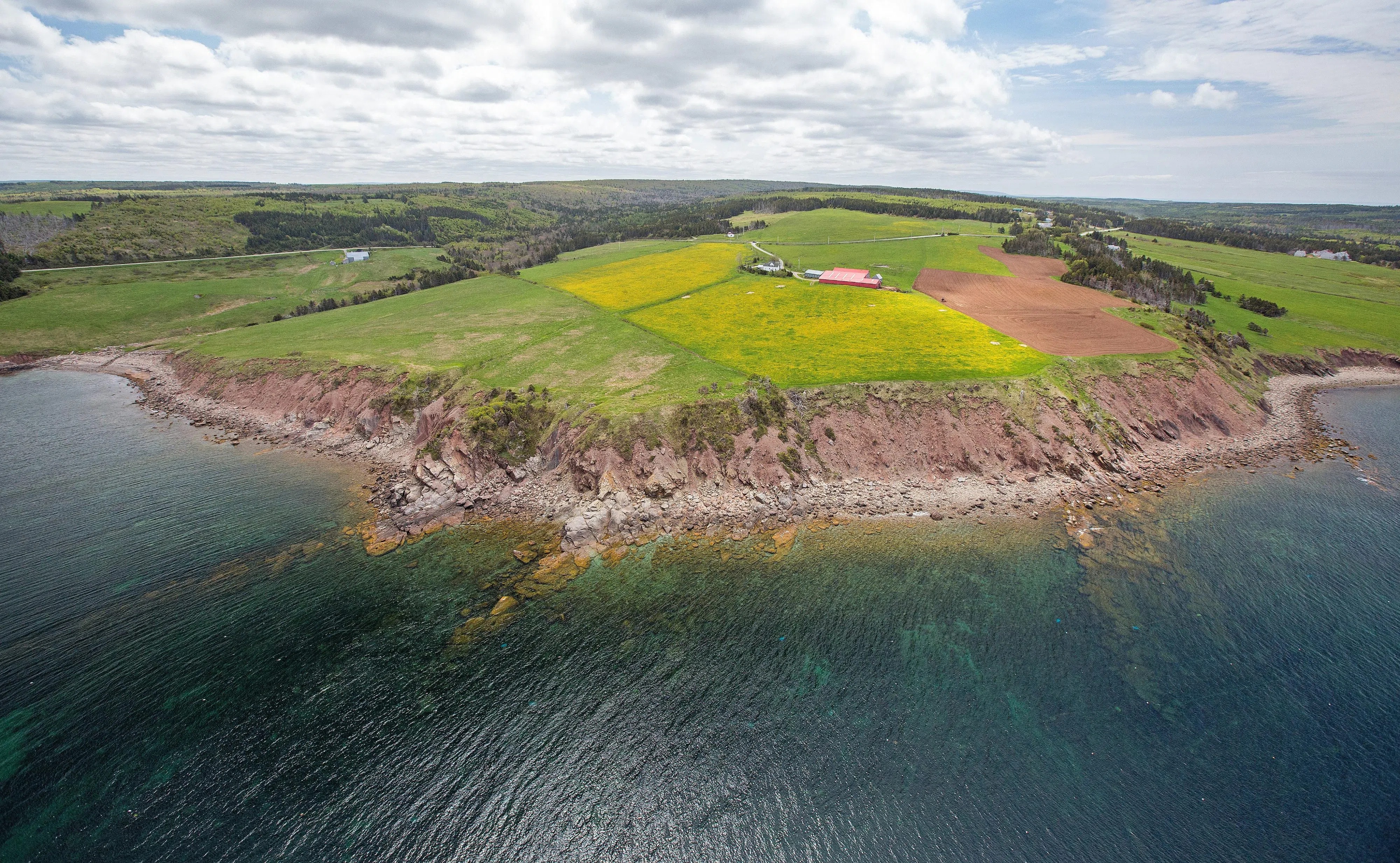The province’s effort to help cities protect their coasts does not go far enough, according to Nicolas Winkler, coastal adaptation expert with the Ecology Action Centre.
He says the province is putting the responsibility on cities instead of making rules mandatory across the province.
“It still leaves it up to municipalities to sort of pick and choose what they will take from these bylaws,” said Winkler.
The government announced funding and a guide to write coastal protection by-laws last week.
The by-law examples would help cities regulate development around the coast as climate change increases the risk of flooding, erosion and rising sea levels, according to a news release from the province.
Environmental advocates have called for the province to create coastal protection laws since the Progressive Conservatives scrapped the Coastal Protection Act in 2024. The act was previously passed with support from all parties in 2019.
But Winkler says it’s disappointing that the act could have given been proclaimed years ago. And because it’s up to municipalities to use the by-law guide from the province, Winkler says Nova Scotia still has a long way to go when it comes to protecting coast lines.
Municipalities also often have different amounts of resources, he says.
However, along with the by-law templates, the province will give cities $1 million over three years to implement coastal protection laws, as well as $344,106 to create a climate policy analyst position.
Winkler said he was still looking at the by-laws to see how well they might protect coasts, if implemented.
He adds that different laws in different municipalities could create uncertainty for municipalities who want to attract development. But it also creates uncertainty for insurance companies, because of how they consider risk related to flooding and building near the coast.
“Because it provides a range of regulatory options, it means that we foresee a future that, where municipalities do choose to enact coastal protection, we might see different rules from one municipality to another,” he said.











